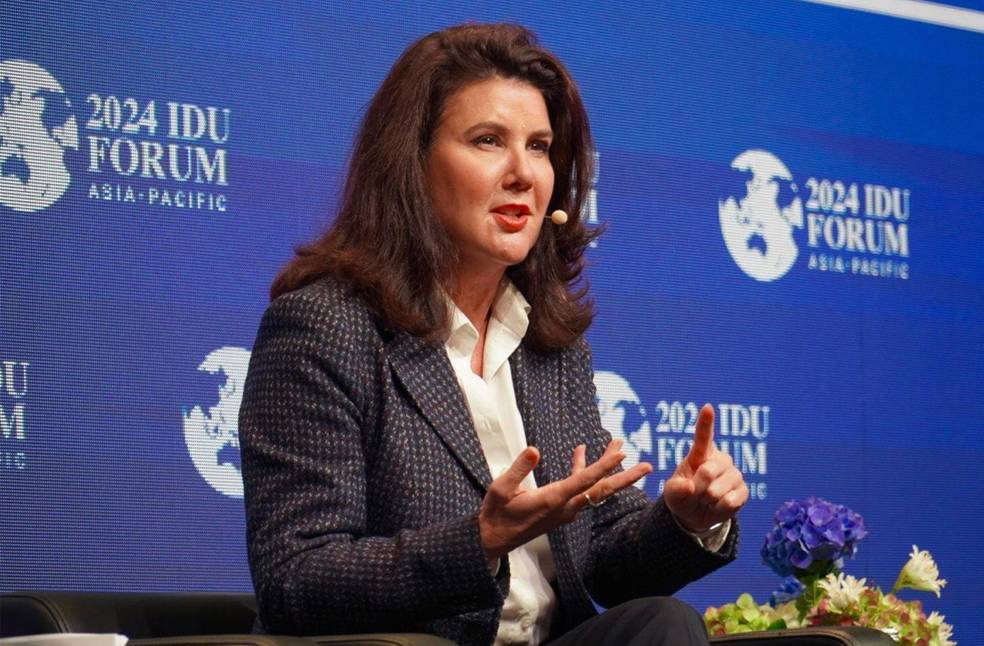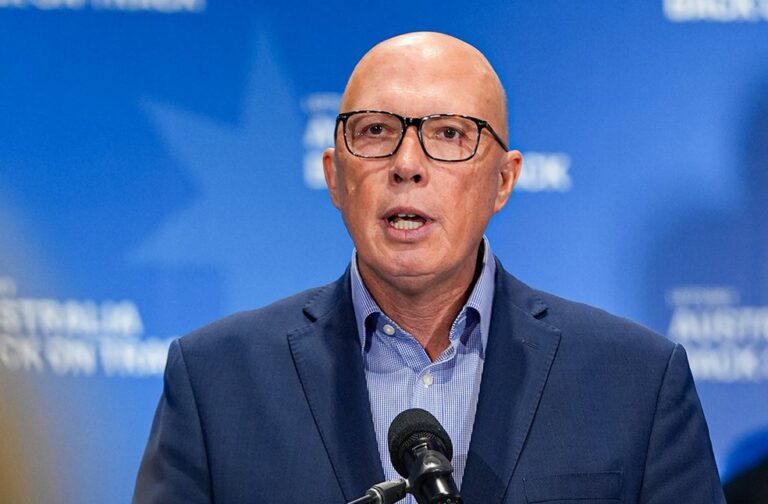Sydney: Australia’s opposition leader Peter Dutton, has scrapped a controversial election promise to ban work-from-home arrangements for public servants, following a strong public and political backlash.
Speaking at a press conference, Dutton acknowledged that his Liberal-National Coalition had “made a mistake” and extended an apology.
The now-abandoned policy was originally pitched as part of a wider public sector reform plan that included thousands of job cuts, aimed at increasing efficiency ahead of the upcoming 3 May election.
However, critics—among them the incumbent Labor government—argued that removing remote work options would disproportionately affect women, who often rely on flexible arrangements to manage family responsibilities.
Dutton clarified that the policy was intended only for public service workers in Canberra, accusing Labor of launching a “smear campaign” by misrepresenting its scope. Despite that, he admitted, “We got it wrong and we have apologised for it.”
Shadow Finance Minister Jane Hume echoed the reversal, stating that the coalition now supports the continuation of flexible work policies, including remote work.
“We have listened, and understand that flexible work, including work from home, is part of getting the best out of any workforce,” the FM said in a statement.

Alongside the reversal on remote work, the coalition also clarified its controversial plan to cut 41,000 public service jobs to help fund other election promises.
The coalition had faced pressure to outline which departments would face reductions, with earlier comments from key party figures suggesting that forced redundancies might be implemented.
However, Hume stated that the job cuts—if the coalition is elected—would be pursued over five years through a hiring freeze and natural attrition, not forced layoffs.
The FM emphasized that the party had “never” intended to enforce compulsory redundancies, insisting the plan was to “sensibly reduce the size of the public service over time.”
Dutton, however, appeared to contradict this by admitting, “We got the policy wrong in that regard and we’ve made it clear, now, our position.”
The debate around remote work is part of a broader global conversation as some political and corporate leaders attempt to curtail workplace flexibility.
In the US, Donald Trump signed an executive order on his first day back in office, mandating a five-day in-office schedule for government workers. Similarly, companies like Amazon have called employees back to the office full-time.
In contrast, the Australian public has expressed broad opposition to such moves. Polling data shows that cost-of-living concerns remain the top issue for voters, making policies like work-from-home less of a priority—and potentially damaging to politicians who misread public sentiment.



